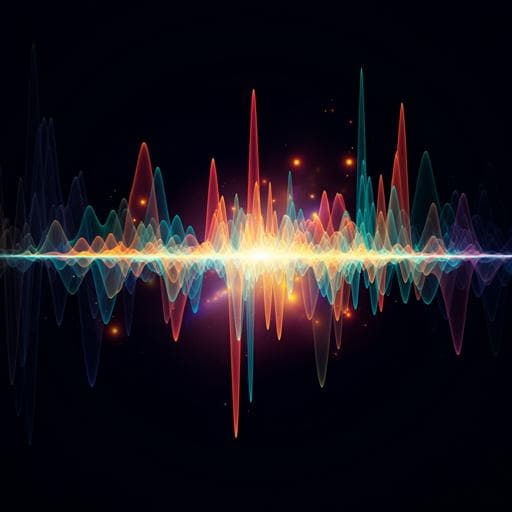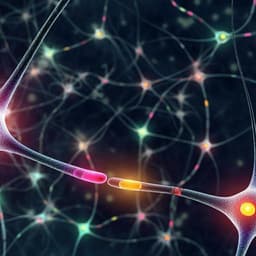
Engineering and Technology
Validating neural networks for spectroscopic classification on a universal synthetic dataset
J. Schuetzke, N. J. Szymanski, et al.
Explore groundbreaking research by Jan Schuetzke, Nathan J. Szymanski, and Markus Reischl, who developed a universal synthetic dataset for spectroscopic data classification. Their study achieved over 98% accuracy with various neural network architectures, revealing important insights into model performance and classification challenges.
~3 min • Beginner • English
Related Publications
Explore these studies to deepen your understanding of the subject.







